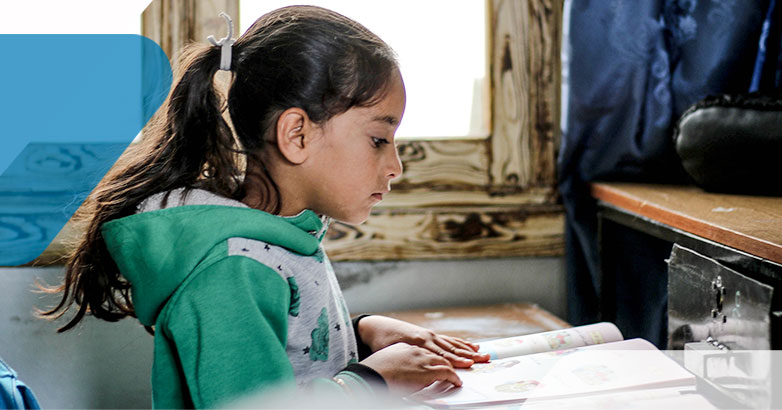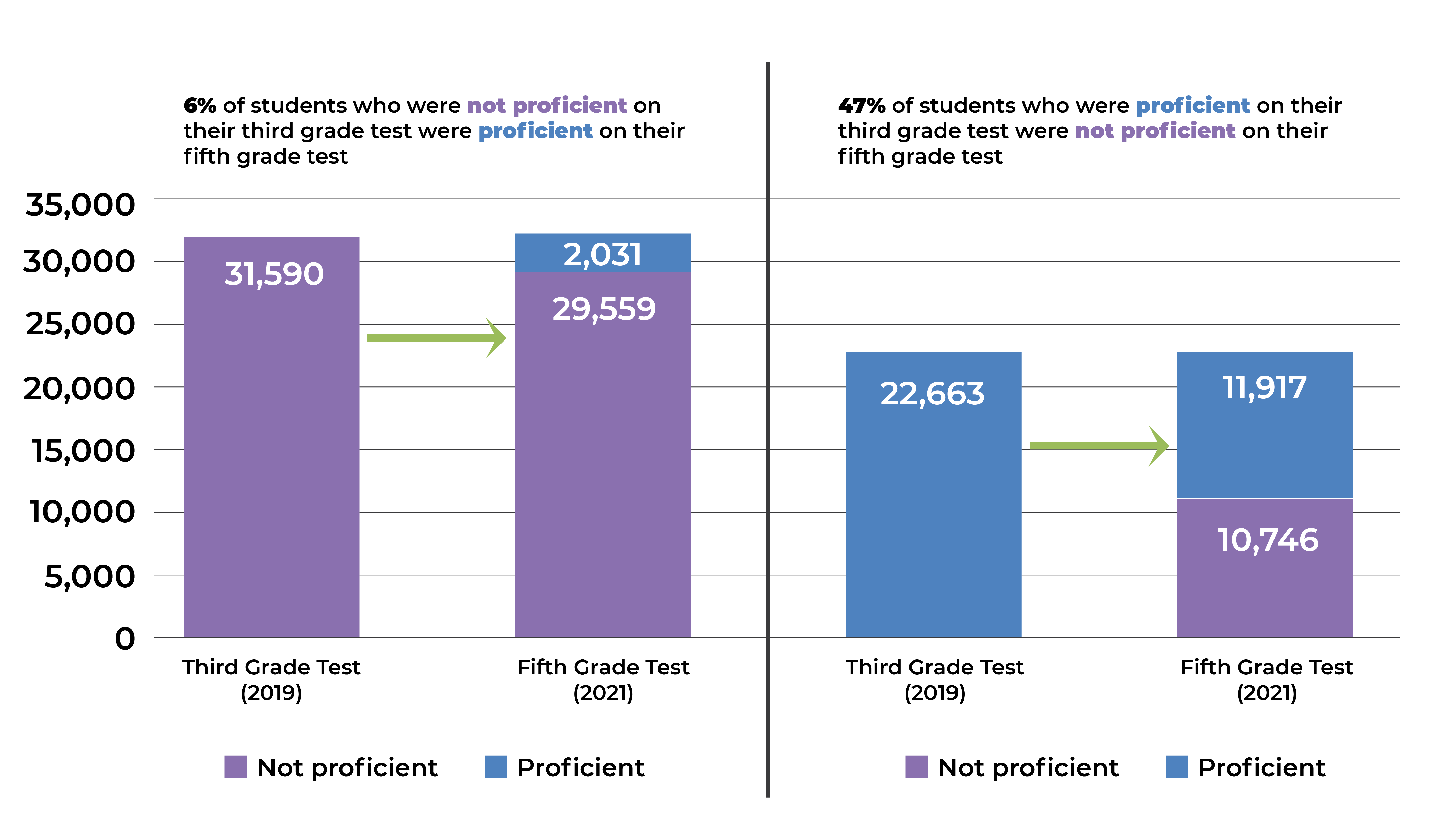PRIORITY 2:
READY TO READ
All Maryland students are proficient in reading by the end of third grade, and those who are not have the necessary supports to become proficient.
 Research shows that the development and mastery of early literacy skills are a strong predictor of later school reading and math achievement. It is crucial that that all Maryland students are able to successfully transition from learning to read to reading to learn. Reading proficiently is more and more important after third grade, and students that are behind are at higher risk of not finishing high school college and career ready.
Research shows that the development and mastery of early literacy skills are a strong predictor of later school reading and math achievement. It is crucial that that all Maryland students are able to successfully transition from learning to read to reading to learn. Reading proficiently is more and more important after third grade, and students that are behind are at higher risk of not finishing high school college and career ready.
Thousands of Maryland children reach fourth grade without learning to read proficiently. The shortfall is especially pronounced among low-income children. Failure to read proficiently is linked to higher rates of school dropout, which limits individual earning potential as well as Maryland’s competitiveness and productivity. Reading proficiently by the end third grade is a crucial marker for every Maryland child’s educational development.
Fortunately, much is already known about the science of how children learn to read and how to teach and develop reading skills. The problem is that policies are too fragmented, practices too segmented by children’s age and grade, and key preparation and intervention programs too limited to realize positive results at scale.
Did you know?
According to the U.S. Department of Education, 54% of U.S. adults 16 to 74 years old – about 130 million people – lack proficiency in literacy, reading below the equivalent of a sixth-grade level. This is an alarming number for several reasons, and its implications are enormous because research has shown that literacy is correlated with several important outcomes:
